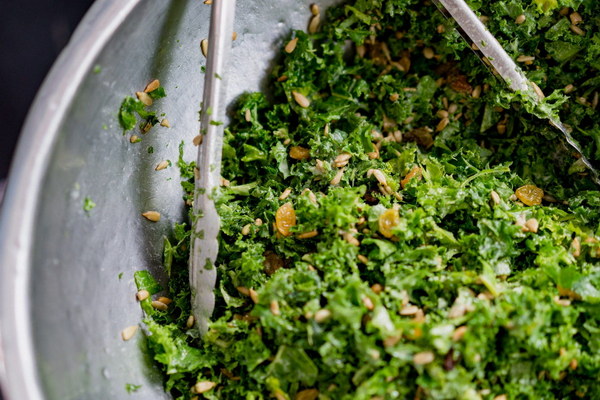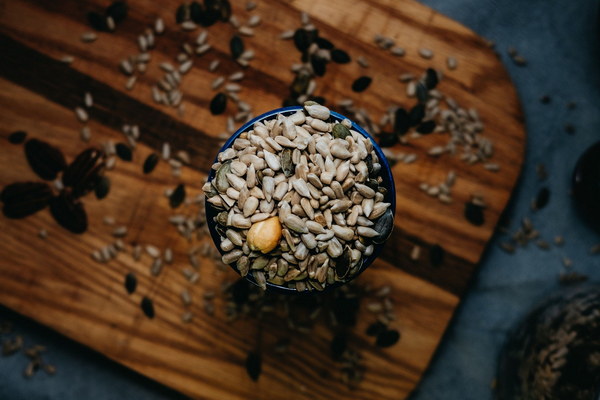Does Goji Berry Have a Protective Effect on the Liver
In recent years, the health benefits of goji berry, also known as wolfberry, have been widely recognized. This superfruit has been used in traditional Chinese medicine for centuries, and many people are curious about its potential benefits for the liver. But does goji berry really have a protective effect on the liver? Let's explore this question in detail.

What is Goji Berry?
Goji berry, scientifically known as Lycium barbarum, is a fruit that grows on a shrub native to Asia. It has a sweet and slightly bitter taste and is rich in antioxidants, vitamins, and minerals. The fruit is consumed both fresh and dried, and is used in a variety of culinary and medicinal applications.
Traditional Chinese Medicine Perspective
Traditional Chinese medicine (TCM) has long attributed numerous health benefits to goji berry, including its ability to nourish the liver. The liver, according to TCM, is responsible for the smooth flow of Qi (vital energy) and blood in the body. Therefore, a healthy liver is essential for overall well-being.
TCM practitioners believe that goji berry helps to strengthen the liver, improve vision, and boost the immune system. It is often used to treat conditions such as fatigue, weakness, and poor liver function.
Modern Scientific Research on Goji Berry and Liver Health
While the benefits of goji berry in TCM are well-documented, modern scientific research is still in its early stages. However, several studies have shown promising results regarding its potential protective effects on the liver.
1. Antioxidant Properties: Goji berry is rich in antioxidants, such as zeaxanthin, carotenoids, and vitamins A, C, and E. These antioxidants help protect the liver from oxidative stress, which can lead to liver damage and diseases such as hepatitis and cirrhosis.
2. Protection Against Liver Disease: Some studies have found that goji berry can help protect the liver against toxins, such as alcohol and certain drugs. This may be due to its ability to stimulate the production of glutathione, a powerful antioxidant that helps protect the liver from damage.
3. Anti-inflammatory Effects: Goji berry has been shown to have anti-inflammatory properties, which may help reduce inflammation in the liver and improve its function.
How to Incorporate Goji Berry into Your Diet
If you're interested in exploring the potential liver-protective benefits of goji berry, here are some ways to incorporate it into your diet:
1. Fresh Goji Berries: Add fresh goji berries to salads, smoothies, or oatmeal for a nutritious boost.
2. Dried Goji Berries: Incorporate dried goji berries into trail mix, yogurt, or baked goods.
3. Goji Berry Tea: Brew a cup of goji berry tea to enjoy its potential health benefits.
Conclusion
While more research is needed to fully understand the liver-protective effects of goji berry, current evidence suggests that this superfruit may indeed have a positive impact on liver health. Its rich antioxidants, anti-inflammatory properties, and potential ability to protect against liver damage make it a promising supplement for those looking to support their liver function. However, it's important to consult with a healthcare professional before adding any new supplement to your diet, especially if you have pre-existing liver conditions or are taking medication.









